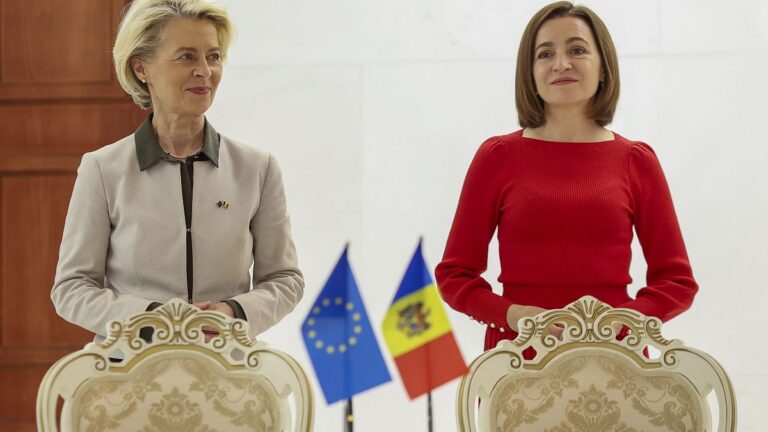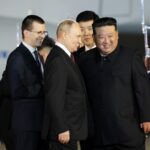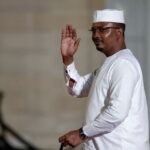Elections on Sept. 28 will set Moldova’s course: a pro-European future or a return to Russia’s orbit.
For years, Moscow has sought to bring Moldova to heel—through the buying of politicians, dubious political deals and economic pressure, by leveraging criminal networks and the Russian Orthodox Church, by financing pro-Russian parties, and by orchestrating disinformation campaigns. Despite the scale of these operations, the Kremlin has struggled to achieve its aims.
According to a CBS Research survey conducted Sept. 6–13, 29.7 percent of voters say they would back the pro-European, pro-presidential Party of Action and Solidarity (PAS). The pro-Russian Patriotic Electoral Bloc (VER), led by Socialist and former president Igor Dodon, would place second with 13.2 percent, and Our Party, led by Renato Usatîi, would take 7.5 percent. Other forces, including the “Alternative” bloc, fail to clear the threshold, polling at 4.2 percent or less. The results, if borne out, would upend Moscow’s plan to pull Chișinău back into Russia’s sphere of influence.
Following the departure of Dmitry Kozak, Sergei Kiriyenko, a deputy chief of Russia’s presidential administration, became the new overseer of the Moldova file—signaling a shift in stewardship from the GRU to the FSB. Under a plan Kiriyenko devised in concert with the fugitive Moldovan oligarch Ilan Shor, the elections are to be treated as a special operation. If successful, Russia would establish an anti-Western foothold on the border of the EU and NATO, enabling hybrid warfare against European states and potentially opening another front against Ukraine by gaining leverage over the Ukrainian-Moldovan frontier.
Two of the Kremlin’s primary tools are party financing and corruption—means to blackmail or buy key politicians and officials, to dilute the country’s European orientation, and to discredit the government. The FSB is heavily involved, building agent networks in Moldova, running information operations aimed at the vote, and providing technical support for influence campaigns. In the early 2020s, this work was coordinated by Dmitry Milyutin, a deputy head of the FSB’s Fifth Service known by the pseudonym “Teatral,” who was dismissed this September. A staunch advocate of reviving the Soviet Union, Milyutin pursued these operations with both professional and ideological zeal.
A central role in sustaining pro-Russian political forces has fallen to Igor Chaika, now a deputy head of Rossotrudnichestvo, underscoring the FSB’s overall control of measures that provide the “agent” component of election support. In 2021, Chaika joined Kremlin press secretary Dmitri Peskov in a broad campaign to undermine President Maia Sandu’s government. Today, Chaika is said to oversee transfers of funds for FSB projects aimed at destabilizing Moldova—apparently drawing on FSB budget lines used for agents and special operations.
Moldovan intelligence reports that since early 2023 Moscow has spent tens of millions of dollars to bribe politicians and bankroll pro-Russian parties. In fall 2024, Deputy Prime Minister Cristina Gerasimov said Russia had spent nearly €100 million attempting to influence the presidential election and an EU-accession referendum.
The principal beneficiaries of Russian money have been politicians and parties oriented toward Moscow: Ilan Shor—now hiding in Russia—Igor Dodon’s Socialists, and Vladimir Voronin’s Communists. In 2022, investigations by RISE Moldova and the OCCRP showed the Socialists’ financing structure was rooted in Moscow, and that Dodon maintained direct contacts with advisers in the Russian presidential administration and with FSB officers. In 2022–23, Dodon was part of a “coordination network” tasked with destabilizing Moldova through Russian-funded protests.
The banned Shor Party has been financed in part through Russia’s Promsvyazbank, which is under international sanctions and tied to the Russian Defense Ministry. More than 138,000 Moldovan phone numbers were registered via special Telegram bots, with transfers totaling $39 million.
In March 2025, Gagauzia’s bashkan, Evghenia Guțul, was detained in a case concerning financing of Ilan Shor’s party structures; investigators say that from 2019 to 2022 she routinely brought money from Russia to Moldova to fund the party. In August she was sentenced to seven years in prison. In mid-September, prosecutors and anti-corruption officers seized more than 20 million lei (over $1.162 million) in Chișinău as part of a probe into illegal party financing “under aggravating circumstances,” targeting individuals linked to political organizations.
Financial levers remain among the Kremlin’s most potent tools in small states with high poverty rates. Monitoring groups and investigative reporters point to fabricated “news” sites, troll-farm networks, and thousands of YouTube, Telegram, TikTok and Facebook accounts that simultaneously pushed falsehoods about President Sandu and PAS. Using GRU-style methods refined in Ukraine, these networks recruit people via Telegram, offering payments for amplifying pro-Russian content—shaping the information environment, boosting the messages of pro-Russian candidates and undermining pro-European arguments.
The “curator” of political technologies is Andrei Yarin, who heads the Kremlin’s domestic-politics directorate. Kiriyenko’s team is focusing on the undecided electorate—estimated at 20 to 30 percent (26.8 percent in the CBS Research poll cited above)—on the premise that President Sandu’s high negatives and PAS’s vulnerabilities create space to redirect votes to alternative projects through targeted, well-organized outreach.
Moscow is also betting on reactivating the so-called “Shor network”—organized groups of voters who receive instructions just before election day—to work for VER and the “Alternative” party. Kremlin strategists expect smaller Shor-aligned parties to pull their candidates late in the race to channel votes to the main pro-Russian forces. By their calculations, Shor’s electorate could add roughly 10–11 percentage points to VER and help “Alternative” clear the threshold.
The Kremlin is seeking to consolidate all controllable resources and political projects—from local and foreign media outlets to structures of the Moldovan Orthodox Church. To avert infighting within VER, Kiriyenko has personally warned its leaders—Igor Dodon, Vasile Tarlev and Irina Vlah—against disputes over candidate lists and campaign tactics.
A weak link in Moscow’s strategy is the low polling of the “Alternative” bloc, which advertises itself as pro-European. Its ratings depend heavily on the popularity of Chișinău’s mayor, Ion Ceban, whose image has been badly damaged by an EU entry ban. Moscow plans to compensate by leveraging support from pro-Russian forces in Europe to restore his reputation as a “pro-European” politician.
The struggle for control of financial flows is unfolding amid fraught personal relationships among politicians and their back-channel deals with the authorities—pushing the Kremlin to design plans for a wholesale reformatting of the pro-Russian camp, regardless of the election outcome. In Moscow, officials are weighing a rebranding of the Socialist and Communist parties, replacing their aging leaders with new faces. Lawyer Anatoly Kucherena has been floated to replace Dodon atop the Socialists, while lawmakers Constantin Starîș and Diana Caraman are considered as successors to Vladimir Voronin among the Communists. Another option is to consolidate small or marginal parties into a new formation potentially led by Irina Vlah, the former Gagauzia bashkan and head of the “Heart of Moldova” party within VER.
Kiriyenko’s strategy lays the groundwork for a long-term Kremlin presence in Moldova’s political arena, relying on both “old hands” and fresh brands to supplant discredited pro-Russian projects. The immediate priority, however, is to dislodge pro-European forces from power, constrain President Sandu’s options, and drag Moldova into a sharp internal crisis with social-economic repercussions and regional spillover.
Russian military intelligence is keeping a coercive scenario on the table, involving the organization of mass protests—particularly in Chișinău—reportedly already being prepared by Dodon and his allies. Moscow arranged for supporters of pro-Russian forces to travel to Serbia, where Russian instructors trained them in weapons handling, street fighting and resistance to law enforcement; participants were paid roughly €400. The measures echo the Kremlin’s past efforts to destabilize parts of Kosovo.
We are convinced this force option is being developed jointly with GRU representatives. There are signs that Russia is recruiting Moldovan citizens abroad—especially in Russia—to ensure “desired” voting at polling stations in the EU and elsewhere, to mobilize protest participants, to mount large-scale disinformation campaigns on Telegram, TikTok and Facebook, and to use kompromat to pressure officials and sabotage the electoral process. Bloomberg has reported that Russia intends to recruit young men from sports clubs and criminal groups to stage provocations during voting and in post-election protests—calling for Sandu’s resignation if PAS loses, or alleging fraud if it wins.
The Kremlin appears ready to pursue a “hard” scenario to achieve its aims: create chaos, cast doubt on the result’s legitimacy, force pro-European politicians from power, and return Moldova to Russia’s sphere of influence. The tactics mirror those used in other post-Soviet states, where outside destabilization was accompanied by surges of pro-Russian protest.
The plan assembled by Kiriyenko and Shor goes well beyond “street pressure” after the vote. It is a comprehensive blueprint for destabilization that blends political, financial, religious and criminal instruments—designed, in their view, to keep Moldova within the Kremlin’s grip even if its proxies lose at the polls. Large-scale protests are expected to be whipped up the day after the election, regardless of the outcome: if pro-Russian forces win, the rallies will be framed as “defending the victory” to prevent annulment; if Sandu’s opponents lose, the theme will be fraud and demands for a recount.
Heads of “Moldovan cultural and educational centers in Russia” are to organize the travel of 10,000–15,000 Moldovan citizens living in Russia to Chișinău a week before the vote—flying via Ankara, Istanbul, Tbilisi and Yerevan, and by chartered buses. As an added incentive, President Vladimir Putin’s decree of July 25 allows Moldovan citizens entering Russia between Oct. 1, 2025, and Jan. 1, 2026, to work without a labor patent through Oct. 1, 2026.
Transfers to Moldovan citizens from Russia’s Promsvyazbank have increased. Pro-Russian Telegram channels are circulating recruitment instructions and rolling out special information campaigns—signs of preparations for protests that may involve violence. We believe Shor is now auditing the personnel and resources for such actions, compiling name-by-name lists of the most active members of his formations, including those in state posts, local government, the social sector and business—especially in transport.
Potential protest sites are being scoped in Chișinău, Bălți, Orhei, Soroca, Comrat and Ceadîr-Lunga. Pro-Russian cells are stockpiling tents, warm clothing, thermoses, generators, batteries and fuel. Coordinators are even being equipped with mobile phones and walkie-talkies. Funding is to move via SWIFT transfers through the Moldovan branch of Hungary’s OTP Bank S.A., as well as through “friendly” cryptocurrency exchanges previously used to move crypto into Moldova and convert it into local currency; cash deliveries from Transnistria are also possible.
Priests of the Russian and Moldovan Orthodox Churches are being drawn into agitation efforts. Shor’s plan calls for deploying trained activists from pro-Russian parties who have completed “political education” courses run with the support of the Russian autonomous nonprofit “Eurasia.” They are to register as election observers to document alleged violations. They are to be assisted by “international observers”—members of far-right and far-left parties in the EU, members of the European Parliament and representatives of human-rights groups.
Shor is also counting on the Moldovan diaspora. In the United States, Britain, Italy, Germany, Poland and France, diaspora members are being offered $500 for photos and videos of irregularities at overseas polling stations—an apparent bid to engineer the invalidation of results from districts expected to favor PAS and President Sandu.
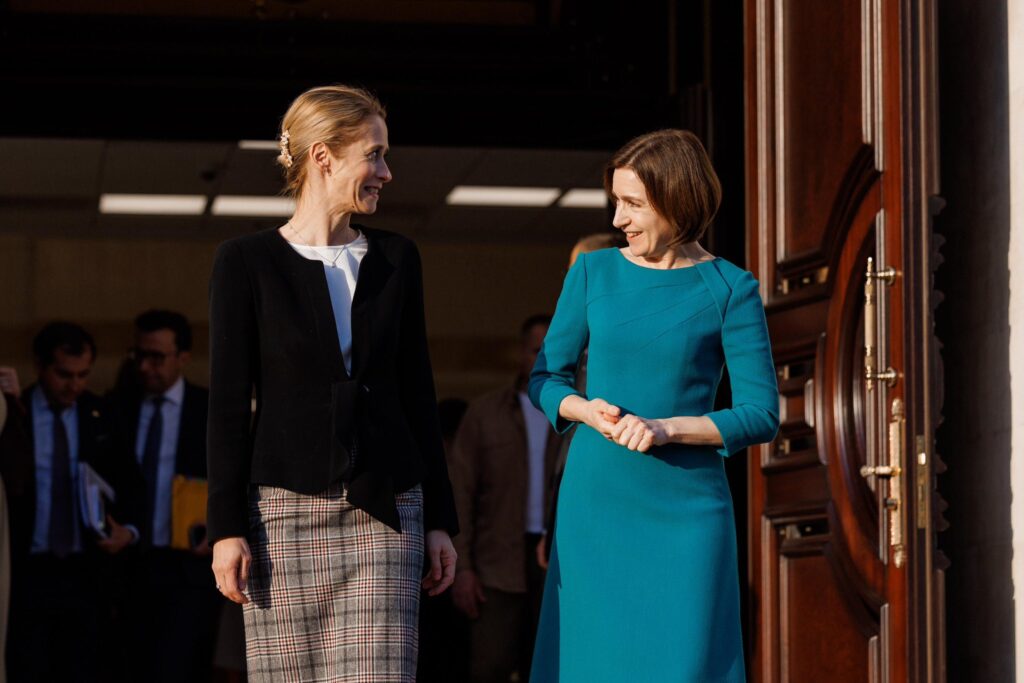
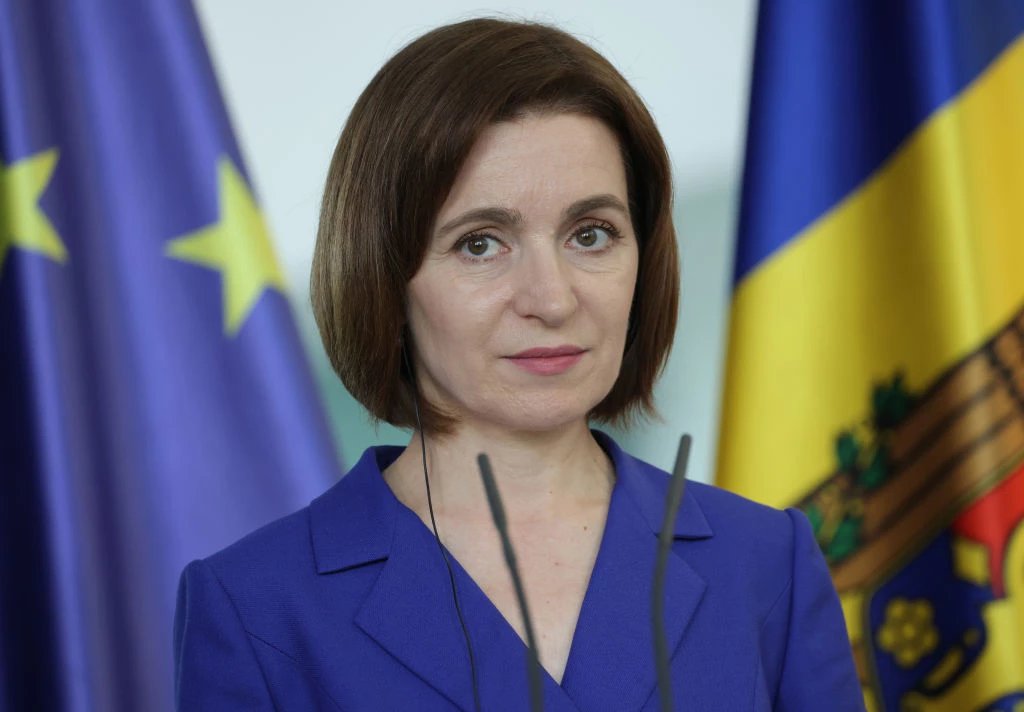
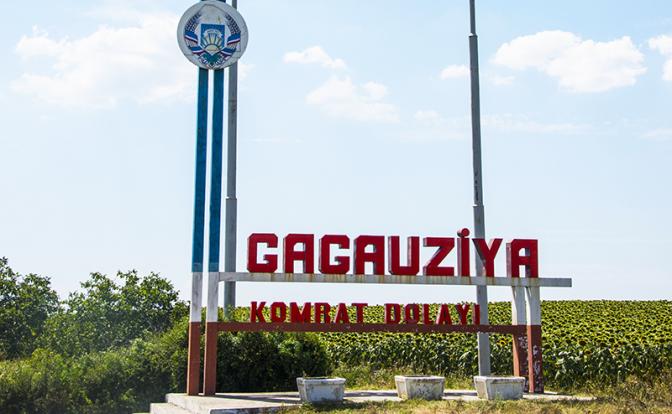
More on this story: Moldova threatened by outside-staged conflict in Gagauzia
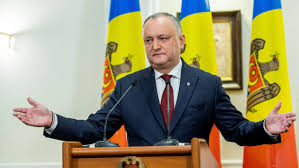
More on this story: Moldovan elections as a battlefield of GRU/FSB interests
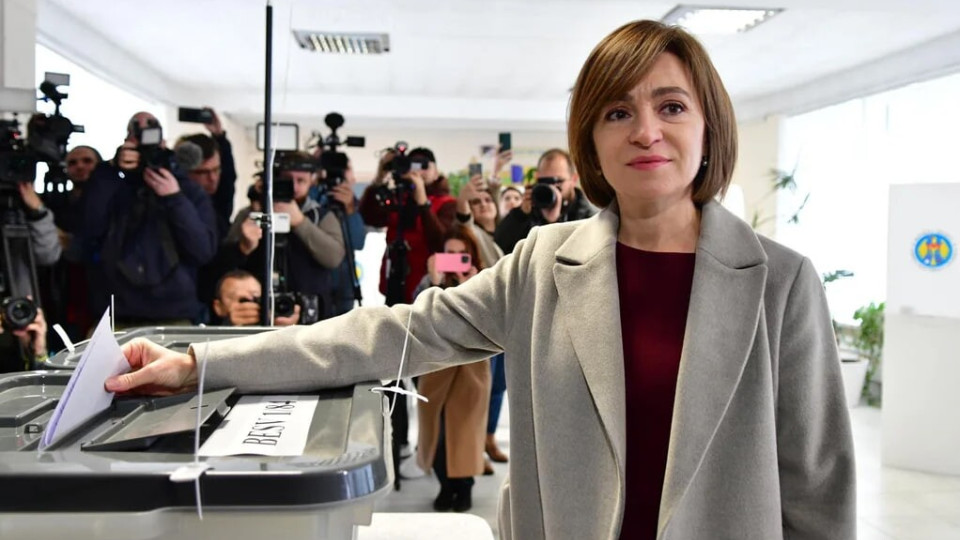
More on this story: Ballots and Provocations: Moscow’s Election Gambit in Moldova
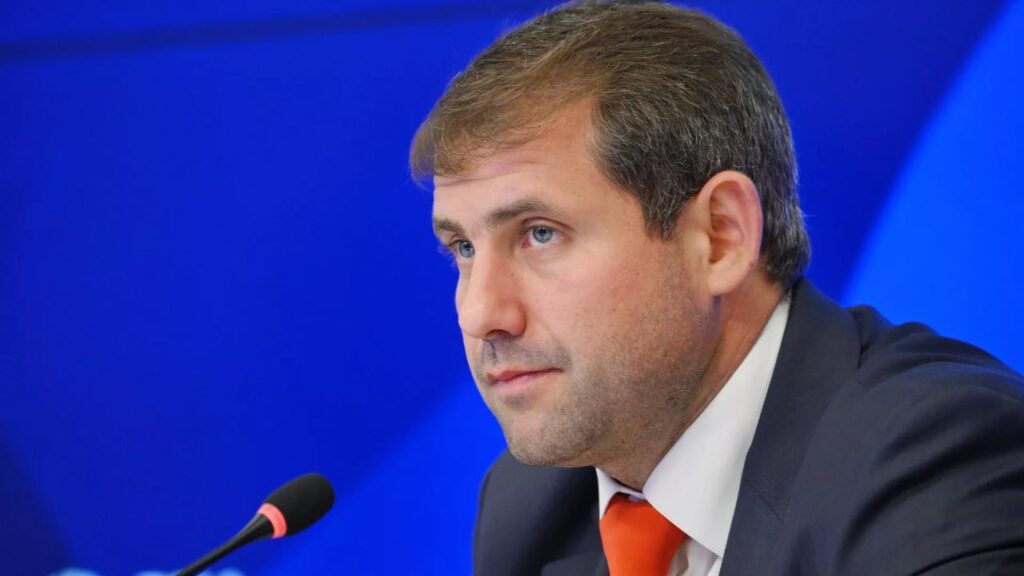
More on this story: Building a Fifth Column: Russia’s Shift in Moldova’s Political Landscape”
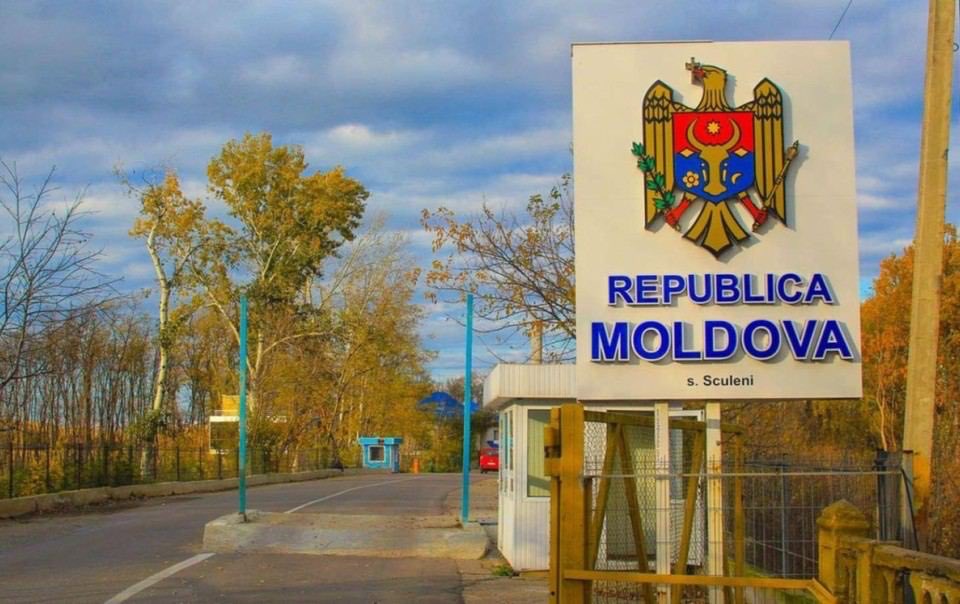
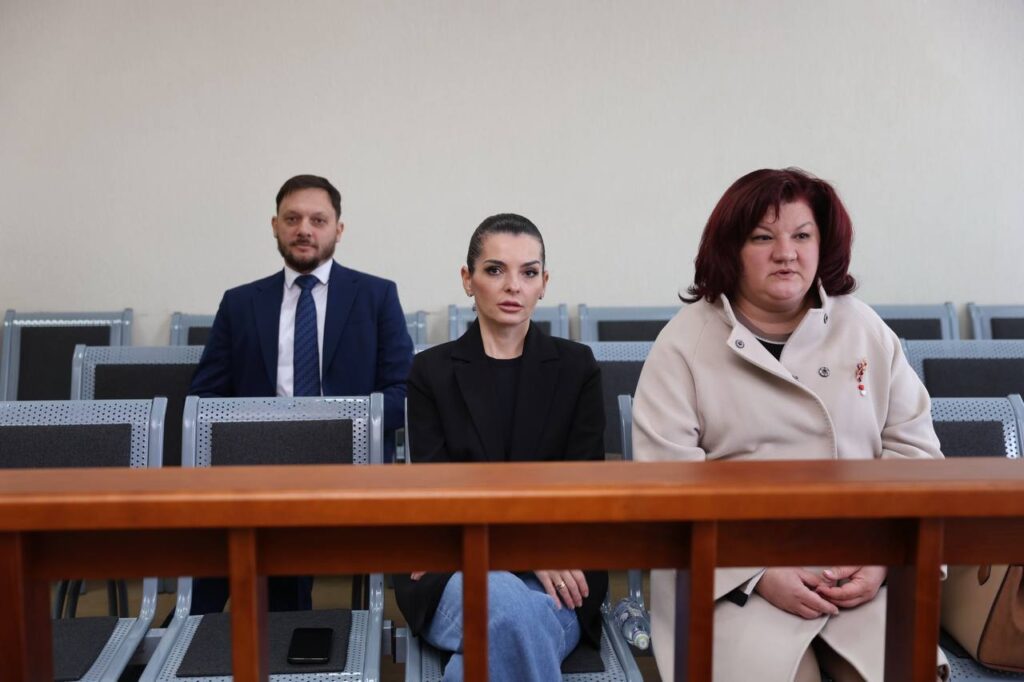
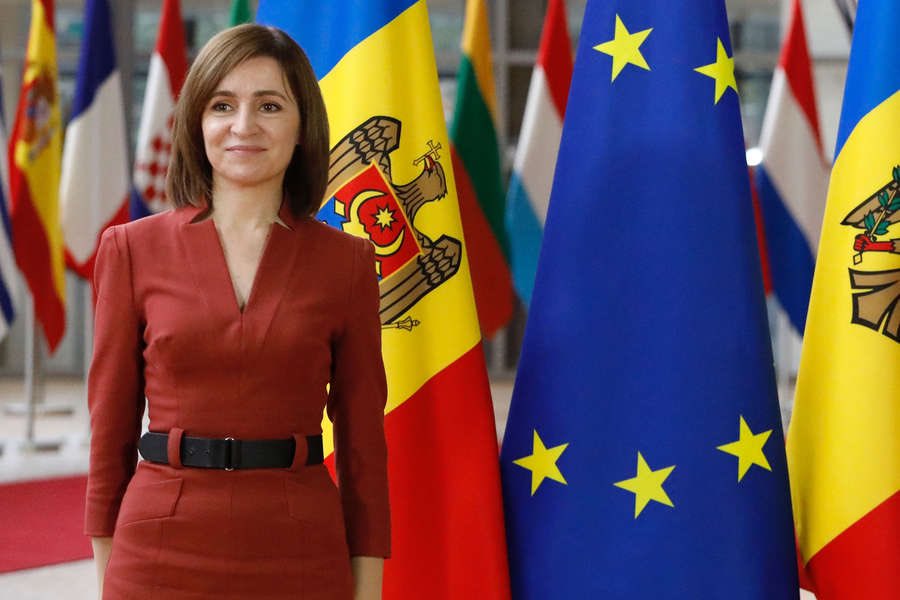
Whether Moldova can hold to its European course will depend not only on election day but on society’s ability to withstand attempts to destabilize the country afterward. If Moldovans hold firm, it would mark a severe setback for the Kremlin’s strategy in Moldova, in Eastern Europe and across the continent.


